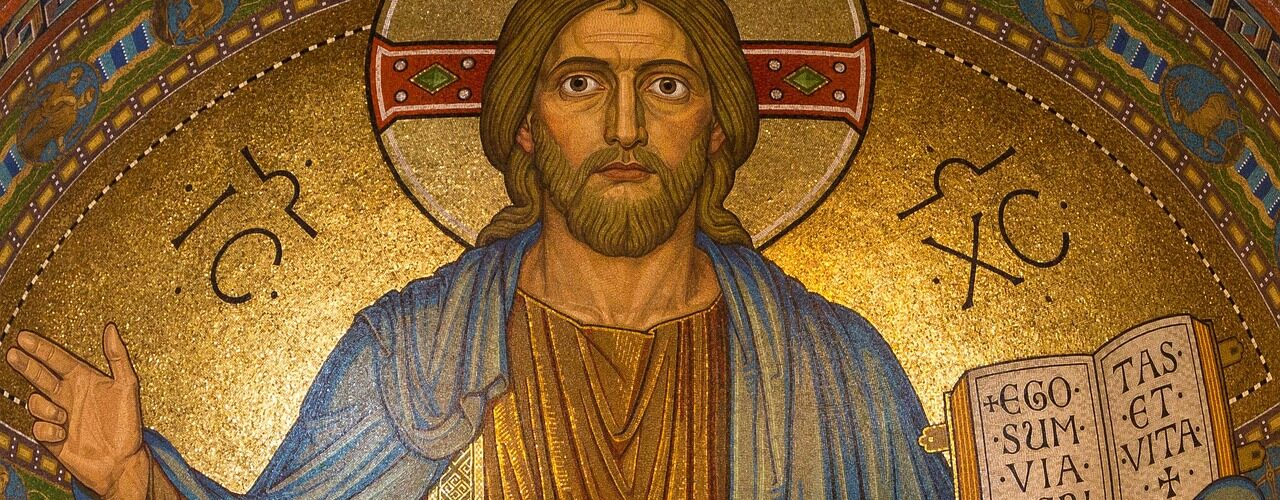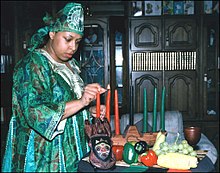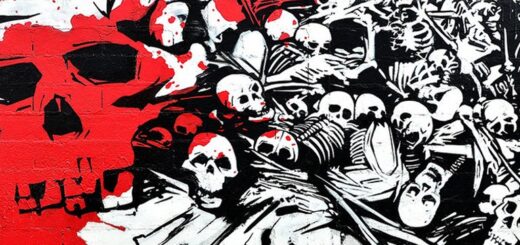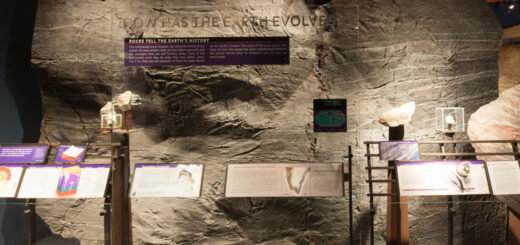History of Christianity with 360 Weeks

Christianity is a monotheistic Abrahamic religion based on the life, teachings, death, and resurrection of Jesus Christ. Its history dates back over 2,000 years, and it has become one of the world’s largest religions.
Christianity, a faith spanning over two millennia, encapsulates a rich tapestry of beliefs, history, and cultural influence. Rooted in the teachings of Jesus Christ and propelled by diverse interpretations and movements, it has evolved into a global force shaping societies, art, politics, and morality. From its humble beginnings in ancient Judea to its widespread influence across continents, Christianity’s journey is marked by pivotal events, doctrinal debates, and profound societal transformations. Its impact on the world’s religious, philosophical, and ethical landscapes renders it an essential aspect of human history and contemporary life.
Foundations and Early Period (c. 1st century)
Christianity originated in the 1st century AD in the Roman province of Judea, with the teachings of Jesus of Nazareth. Jesus preached about love, forgiveness, and the Kingdom of God. His ministry, crucifixion, and resurrection are foundational to Christian belief.
Spread of Christianity (c. 1st – 4th centuries)
After Jesus’ death, his apostles and disciples continued spreading his teachings. Paul of Tarsus played a significant role by evangelizing to Gentiles (non-Jews). The early Christian community faced persecution from the Roman Empire but continued to grow.
Councils and Doctrinal Development (c. 1st – 5th centuries)
Doctrinal controversies led to various councils, such as the Council of Nicea in 325 AD, which formulated the Nicene Creed, establishing foundational Christian beliefs. These councils also addressed theological debates, shaping the orthodox Christian beliefs and defining the canon of the Bible.
Roman Empire’s Adoption (4th century)
Emperor Constantine’s conversion to Christianity and the Edict of Milan in 313 AD legalized Christianity in the Roman Empire, leading to its eventual establishment as the empire’s official religion under Emperor Theodosius in 380 AD.
Division and Spread (c. 5th – 11th centuries)
Christianity underwent a major split in 1054 AD, known as the Great Schism, dividing into the Western Roman Catholic Church and the Eastern Orthodox Church due to theological and cultural differences. Meanwhile, Christianity continued to spread into new regions, including northern Europe and beyond.
Middle Ages (c. 5th – 15th centuries)
The medieval period saw Christianity as a dominant force in Europe. The Church wielded significant political and social influence, while monasteries preserved knowledge and became centers of learning.
Reformation and Beyond (16th century)
The 16th-century Protestant Reformation led by figures like Martin Luther, John Calvin, and others challenged certain practices of the Catholic Church, sparking religious and theological changes across Europe. This movement led to the formation of various Protestant denominations.
Colonialism and Global Expansion (16th – 20th centuries)
European colonialism spread Christianity worldwide, sometimes through missionary efforts. Christianity became a global religion with diverse expressions and practices.
Modern Christianity
In the modern era, Christianity has experienced further diversification into various denominations, including Protestantism, Roman Catholicism, Eastern Orthodoxy, and various independent churches. It remains a significant cultural, moral, and spiritual force worldwide.
Throughout its history, Christianity has faced internal divisions, external challenges, and undergone various transformations, contributing significantly to world history, culture, and societal development.
Christianity’s enduring legacy resonates through the annals of time, leaving an indelible mark on humanity’s collective story. Its teachings of compassion, forgiveness, and hope continue to inspire and guide countless individuals across diverse cultures and backgrounds. As it navigates the currents of change and adaptation, Christianity remains a beacon of faith, inviting reflection, dialogue, and a shared pursuit of understanding. In its intricate mosaic of traditions, beliefs, and practices, Christianity stands as a testament to the complexities and enduring power of spiritual devotion in shaping our world.








